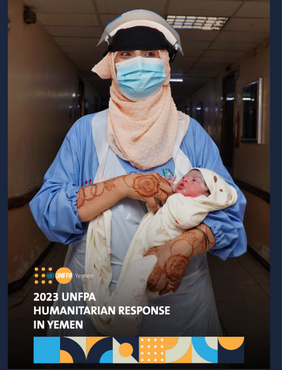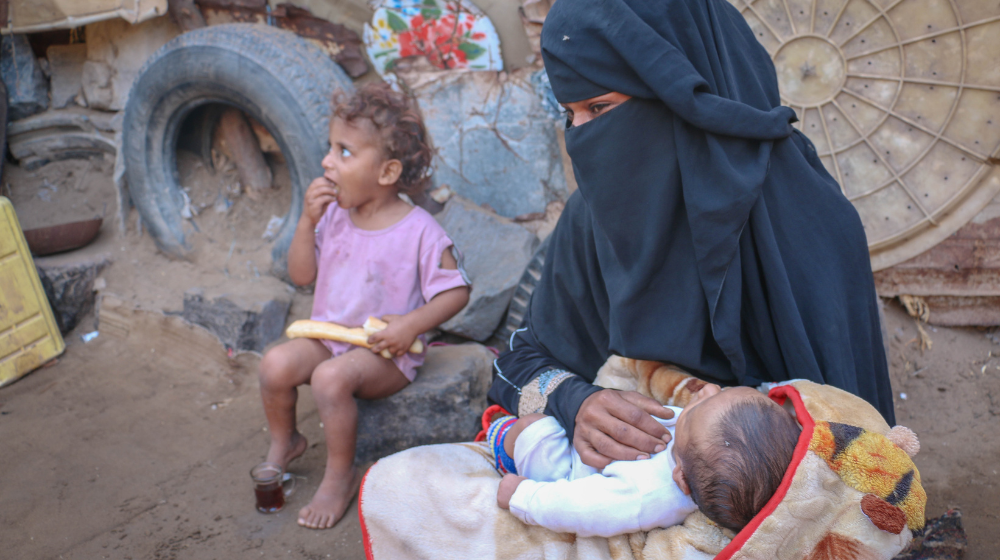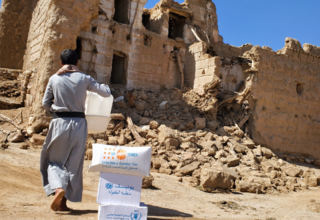Yemen remains one of the world’s largest humanitarian crises. A staggering 21.6 million people require some form of humanitarian assistance in 2023, and 80 per cent of the country’s population struggles to access food, safe drinking water and adequate health services. These are the results of multiple overlapping emergencies that have pummeled the country: violent conflict, economic collapse, recurrent natural disasters and severely disrupted public services. Women and girls are bearing the brunt of the crisis. An estimated 80 per cent of the 4.5 million people displaced in Yemen are women and children.
Approximately 26 per cent of displaced households are headed by women. Discriminatory societal attitudes towards women’s movement and economic and social engagement remain entrenched, and worsening existing inequalities and hindering women’s access to basic services. The ‘mahram’ (male guardian) requirement, increasingly imposed in northern parts of the country in 2022, whereby women must be accompanied by a male family member to travel, also applied to female national aid workers, not only restricts the ability of the humanitarian community to deliver life-saving assistance, particularly to women and girls but also serve to exacerbate women’s economic insecurity and access to health and protection services, with resulting repercussions for their physical and mental health. Access to basic rights and freedom of movement are even more challenging for women and girls who lack access to legal documentation due to discriminatory laws and procedures.



